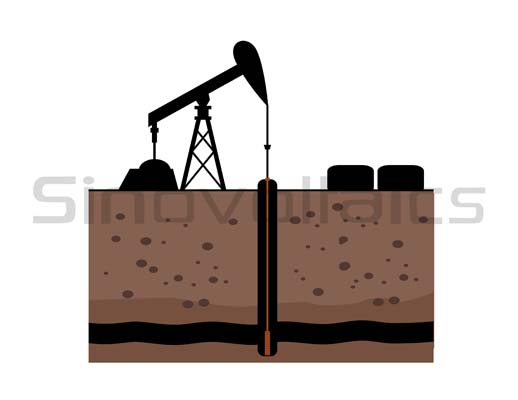Albedo
Bypass Diodes
Solar Glazing
Single Phase Versus Three Phase Power Supply
Three phase power supply
Single Phase Power Supply
Module Measurement without Load
Module Measurement with Load
[...]
 Fossil fuel - we're consuming as if there's no tomorrow[/caption]
Fossil fuel - we're consuming as if there's no tomorrow[/caption]
